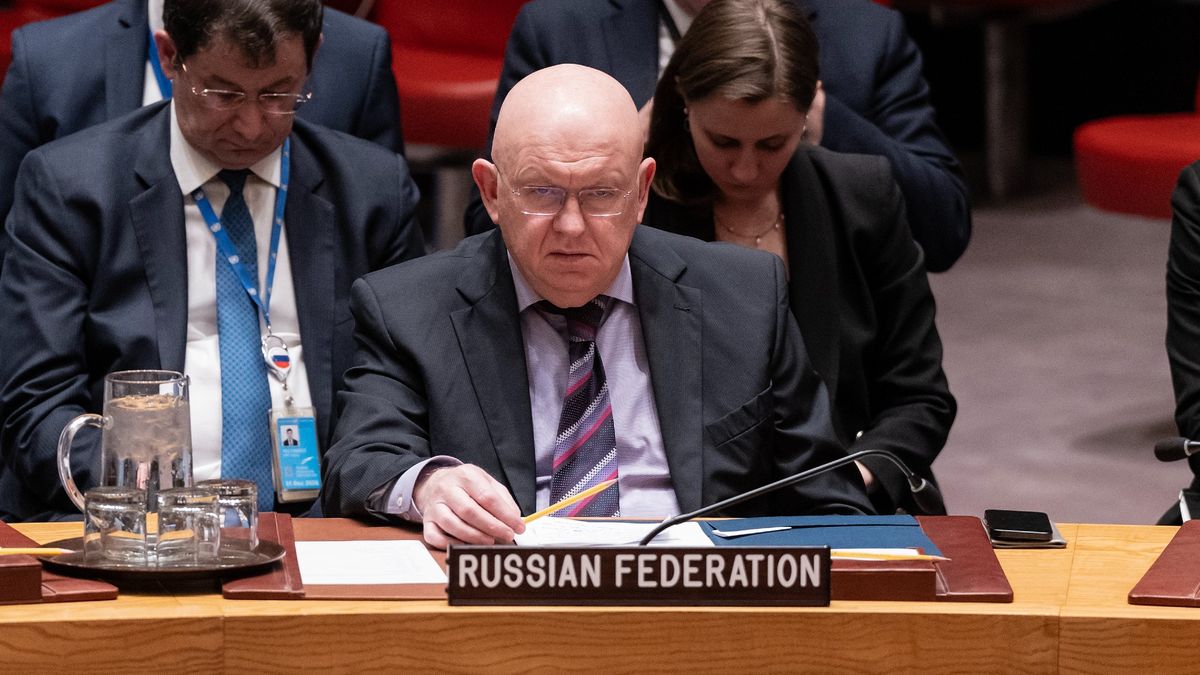New Russian Space Weapon Raises Alarm in US
In recent developments that have sent shockwaves through international diplomacy and space communities alike, US officials have voiced deep concerns regarding Russia’s intention to introduce a new nuclear anti-satellite (ASAT) weapon. This technological advancement could potentially convert Low-Earth Orbit (LEO)—a region integral to a plethora of global services—into a highly contested and dangerous battlefield.
The Heart of the Concern
At the forefront of expressing unease are Mallory Stewart and John Plumb, representing the US’s arms control and space policy departments, respectively. Their apprehensions stem from the prospect of Russia deploying a weapon capable of dismantling the peaceful use of space. The weapon in question, disguised as an electronic testing satellite, deviates sharply from the norms of scientific satellite operations and is designed to jeopardize a wide range of satellite functions across civilian, commercial, and military domains.
The fears are not unfounded; simulations and studies have underscored that a nuclear blast in space could engender a zone of high-energy particles, trapped by Earth’s magnetic field, posing a significant peril to spacecraft within that environment. This implies that the deployment of such a weapon could extensively harm satellite-based operations, impacting everything from communication and weather forecasting to security operations.
Global Services at Risk
The very fabric of modern global connectivity relies on satellite operations. A threat of this magnitude to satellites could disrupt not just military strategies but essential civilian services such as global navigation, weather monitoring, and international telecommunications. This would markedly elevate the stakes in space, introducing a level of unpredictability and risk previously unseen.
International Space Laws Under Threat
The potential deployment of nuclear ASAT weapons by Russia is not just a technological concern but a legal and diplomatic quagmire. It directly challenges the principles outlined in treaties such as the 1967 Outer Space Treaty, which advocates for the peaceful use of outer space and explicitly prohibits the placement of nuclear weapons in orbit. The move by Russia has reignited debates within international forums, as seen in the diverging resolutions proposed and vetoed within the UN, setting a precedent that could encourage the militarization of space and undermine decades of diplomatic progress towards arms control.
The Irony of International Diplomacy
In a twist replete with irony, while Russia pushes forward with its controversial plans, it has simultaneously proposed a UN resolution calling for an urgent action to prevent weapons deployment in space. This comes directly after its veto against a similar U.S.-Japan draft. Such actions point to a complex diplomatic ballet, highlighting accusations of hypocrisy and double standards against the backdrop of escalating tensions and the looming threat of an arms race in space.
The Bigger Picture
This development hints at a broader strategic shift towards the militarization of space. With both Russia and China hinting at developing ASAT capabilities ostensibly to counter satellite networks crucial for their adversaries’ operational effectiveness, the specter of space becoming a new domain of warfare looms large. The support for Ukraine through satellite constellations like Elon Musk’s Starlink has demonstrated the critical role space technology plays in modern conflict, making the prospect of ASAT deployments a pressing concern for global security and stability.
Call for Collective Action
Amidst these alarming developments, voices from around the world, including Pakistan’s ambassador to the United Nations, have called for collective efforts to arrest the weaponization of space. This collective action seeks to uphold the peaceful nature of outer space, emphasizing the need for collaborative diplomacy to prevent an escalation that could have dire consequences for all humanity.
The tension over Russia’s potential nuclear space weapon underscores the fragile balance between national security and the collaborative spirit needed to govern outer space. As international players maneuver through diplomatic channels to address these concerns, the world watches and hopes for a resolution that ensures the safety of the global commons that is outer space.

